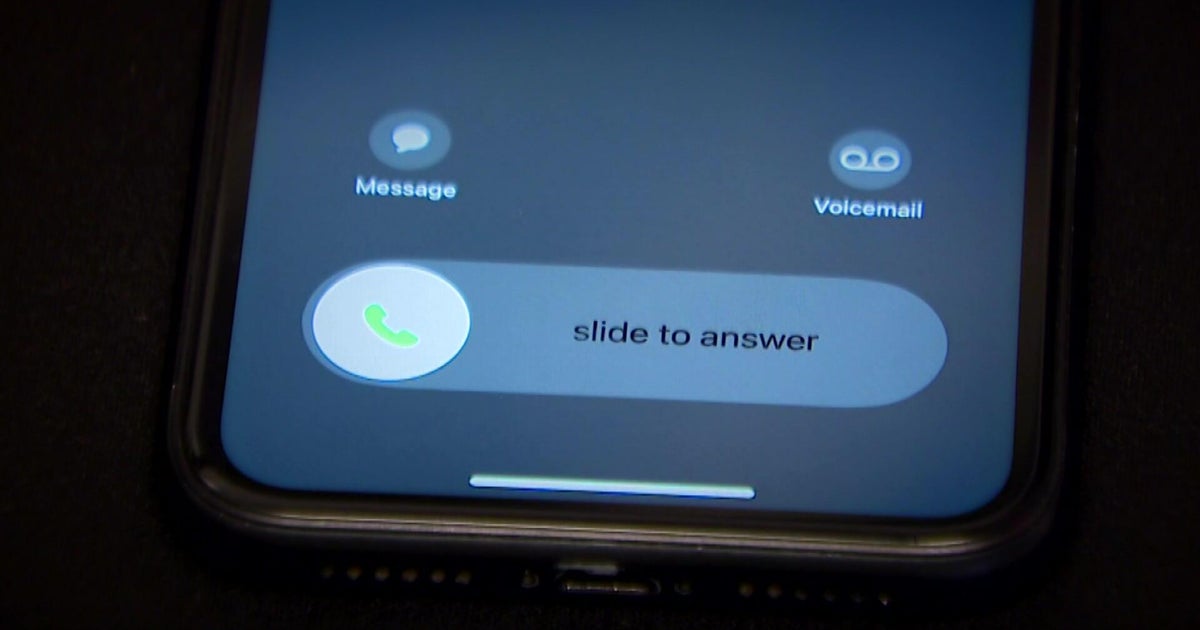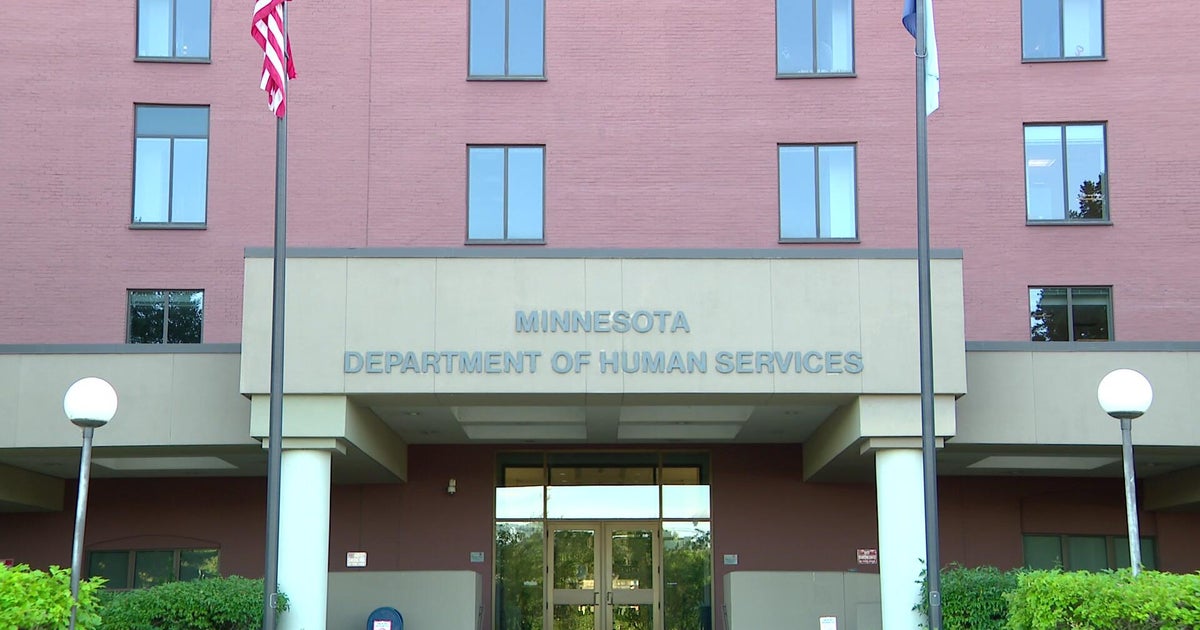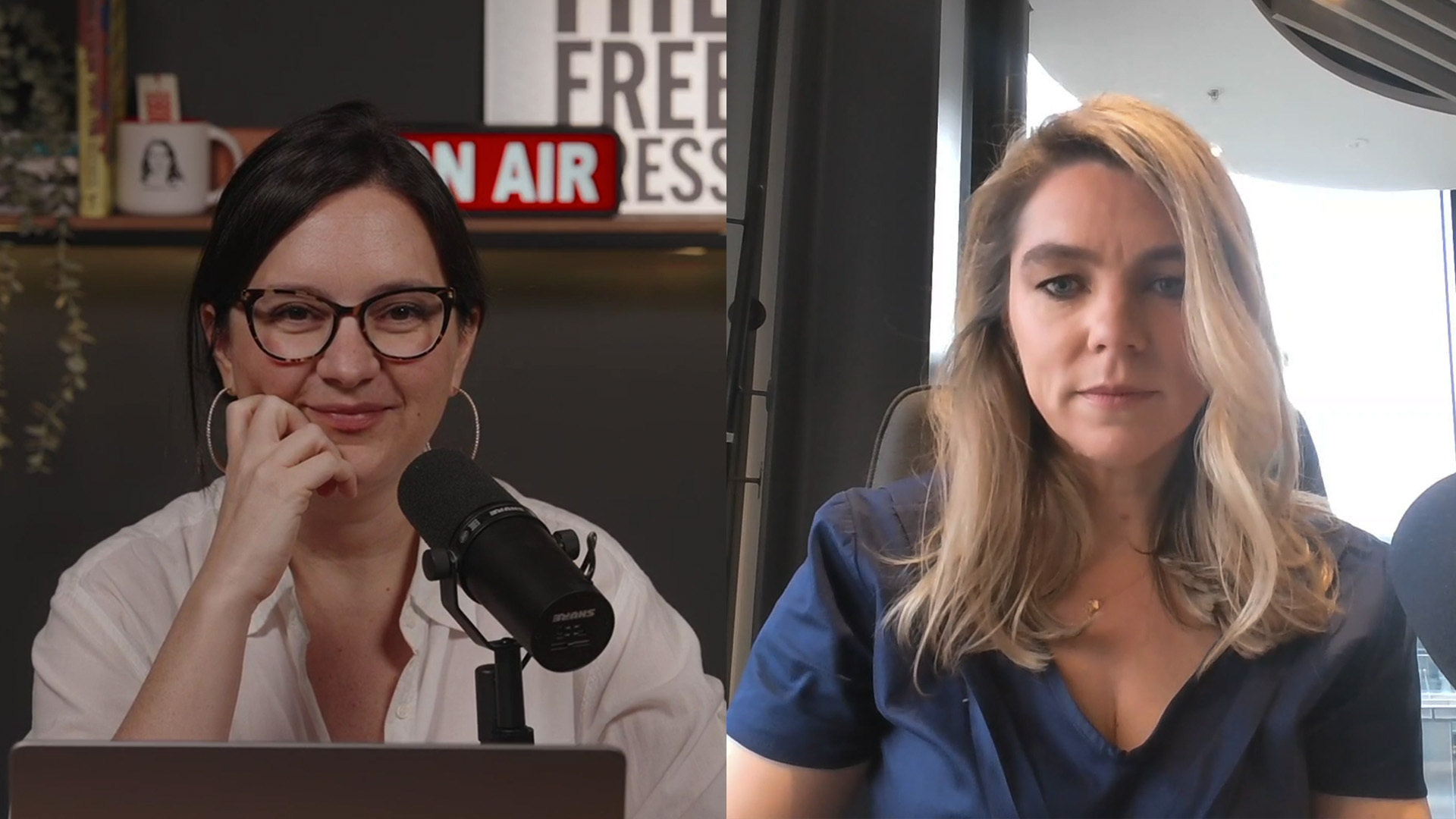Men expose billion-dollar back surgery scam involving doctor kickbacks and fake hardware
Nearly a decade after Bill Reynolds and Mark Sersansie first learned about one of the most outrageous medical frauds in California history, they met with some of the patients who say they are still suffering from the devastating consequences of this scam.
"After surgery, it was nothing but pain-filled days," said patient Derika Moses. "I couldn't sit, I couldn't walk. I couldn't be a parent."
"I didn't want to live anymore," said patient Gisela Fabila.
"You didn't want to live anymore?" Alex Ferrer, host of "Whistleblower," asked.
"No. One time, I was planning, 'I'm going to go outside, and I'm going to run' -- said, 'I'm going to kill …'" Fabila recalled in tears.
Ferrer, a police officer-turned-lawyer-turned judge, takes viewers on Sersansie and Reynolds' journey from the hallways of southern California hospitals to the homes of patients who suffered the consequences of this scam in the latest "Whistleblower" episode, "The Billion Dollar Back Surgery Scam: Patients in Pain and Peril," which aired on Friday, June 21.
Together the men would discover an illegal scheme, where middlemen were paid to find patients who had back problems stemming from work-related injuries and doctors were paid kickbacks to perform the spinal surgeries at specific hospitals.
"One of the physicians … wanted … Super Bowl tickets, airfare and hotel," said Sersansie, who worked in sales for a California medical supply company.
Many patients say the scam left them in unbearable pain from surgeries, some say, they didn't need in the first place.
"This was entirely a medically unnecessary surgery that was performed," said patient Josh Lash.
Ultimately, they would learn that hospitals were not only overbilling for the spinal hardware but, in many instances, dangerous counterfeit hardware was implanted into the backs of innocent people.
"I'm looking at invoices that ranged anywhere from $350,000 to $475,000," said Reynolds, a medical fraud investigator.
Moses has had much of her spinal hardware removed. "We've had experts come out," she said, "that have identified my screws as being counterfeit screws."
Counterfeit screws were mixed in with FDA-approved screws made by a reputable medical device company from South Korea.
"Those screws go into patients' … bones … little pieces of those threads can break off in people's bodies and end up in their tissue," attorney Justin Berger explained. "It can cause serious complications."
Berger represents the patients interviewed by "Whistleblower," Sersansie and Reynolds, and others who have sued based on the scam.
"The pain has traveled up to my neck, to my shoulders," Moses said. "I'm positive it is because of the counterfeit hardware that was placed in my back."
"Do you think your doctor knew that the hardware was counterfeit?" Ferrer asked the group of patients.
"Yes, absolutely," they replied.
"Every one of you said that, without hesitation," Ferrer noted. "Why do you think that?"
"Greed. Money," Moses replied.
"It's important to blow the whistle on this," said Reynolds. "Somebody has to step forward and bring the attention to the magnitude of this problem."
There is no way to tell how many people have been implanted with the counterfeit hardware, because, according to attorney Justin Berger, "you'd have to open up their backs, take out their screws, and have someone look at them. … that's the only way you can tell if they're counterfeit or not, because they didn't track the lot numbers properly." Some estimate that the number of patients implanted with the knock-off hardware could be in the hundreds -- if not thousands.
There has been a federal criminal investigation into the scam, called "Operation Spinal Cap," and the Department of Justice has said the fraudulent claims related to this scheme span a 15-year period and cumulatively total more than $950 million. The scheme involved $40 million in illegal kickbacks paid to doctors and other medical professionals in exchange for referring thousands of patients for surgeries at California hospitals.
One of the architects of the scheme, Michael Drobot, the former owner of Pacific Hospital in Long Beach, is currently serving five years in federal prison and must forfeit $10 million. Paul Randall, another principal figure in the scam, cooperated with the federal government, spent less than a year in jail and has now been released.
One of the most shocking convictions was California State Senator Ron Calderon. Calderon was convicted of accepting bribes in exchange for influencing California lawmakers to keep that lucrative loophole -- the one that allowed for the inflated hardware reimbursements -- open. He was sentenced to 42 months in prison and served less than 2 years. No one has been criminally charged with knowledge of the implantation of counterfeit spinal hardware.




